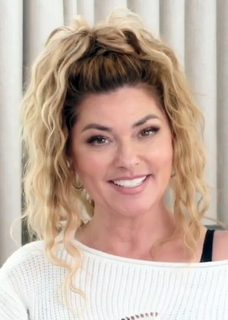A Quote by Lee Strobel
I think young people really do care. They want to build their life on something that's solid and makes sense, that's rational, that's not built on mythology, make-believe and wishful thinking.
Related Quotes
A lot of people don't understand the building phase. They don't have the blueprint, but we do. With us having the blueprint and knowing what we want to build, it's not how it's supposed to be built, but what we want to build. I think it makes everything easy for us to stay focus and have that tunnel vision.
Any play that makes an audience think out of the box, that makes connections to life and names our pain and by doing so makes our pain subject to thinking and the process of understanding, is doing something inherently political. By promoting understanding, by putting experience in context, by making connections between the normal and the rational, theatre is an act of anti-terrorism. It stimulates courage and a survival spirit. In that sense of political, there are a lot of serious plays doing their work in the world.
We don't want to hurt anybody, kill anybody, build any prisons, or build police. We want to make it unnecessary for people to steal - so they'll have access to medical care, health care, decent housing, all people, all over the world. As long as you don't share your resources, you are going to have trouble
I don't have to worry about what people are thinking and what's going on in the industry. I don't want that stuff to influence what I'm doing. Because I think it stifles you creatively. I don't want to have to care too much about that. All I care about is what the fans think. It's really all I care about, honestly.
As to the "traditional filler of twenty-first century realist fiction," maybe that is something I avoid. I don't relate to standard psychologizing in novels. I don't really believe that the backstory is the story you need. And I don't believe it's more like life to get it - the buildup of "character" through psychological and family history, the whole idea of "knowing what the character wants." People in real life so often do not know what they want. People trick themselves, lie to themselves, fool themselves. It's called survival, and self-mythology.
My activities have never had anything to do with the idea of becoming famous or achieving success. I have always been concerned with getting people to listen to me. In everything I do ... my aim is to make people listen. I want to communicate the things that I love and in which I believe, because I think that people can derive a general benefit from them. What I really want is success in a philosophical sense: I want people to grasp something of the ideas and hopes which I express in painting.
I would love to believe that when I die I will live again, that some thinking, feeling, remembering part of me will continue. But as much as I want to believe that, and despite the ancient and worldwide cultural traditions that assert an afterlife, I know of nothing to suggest that it is more than wishful thinking.



































